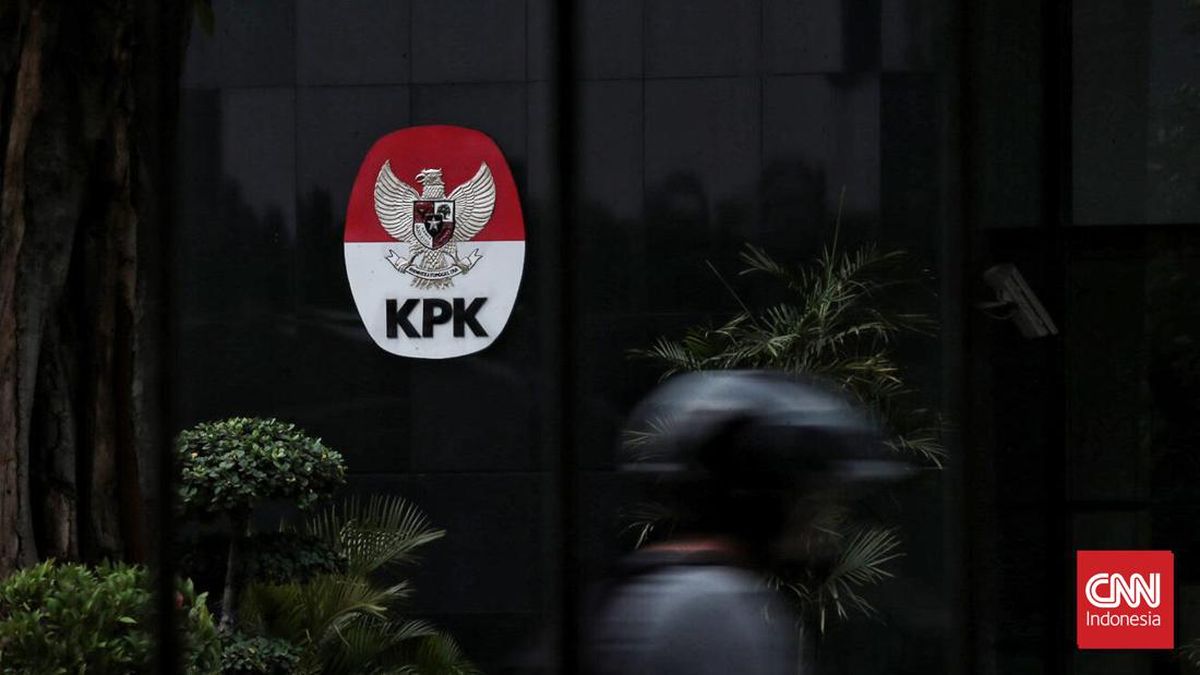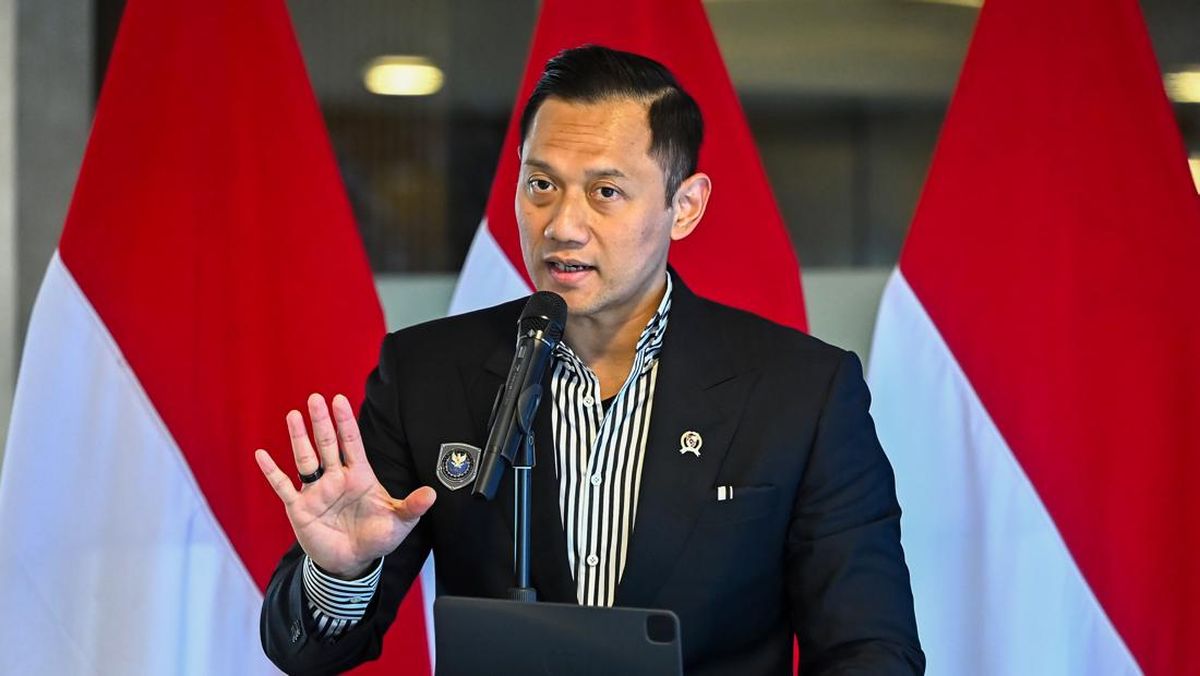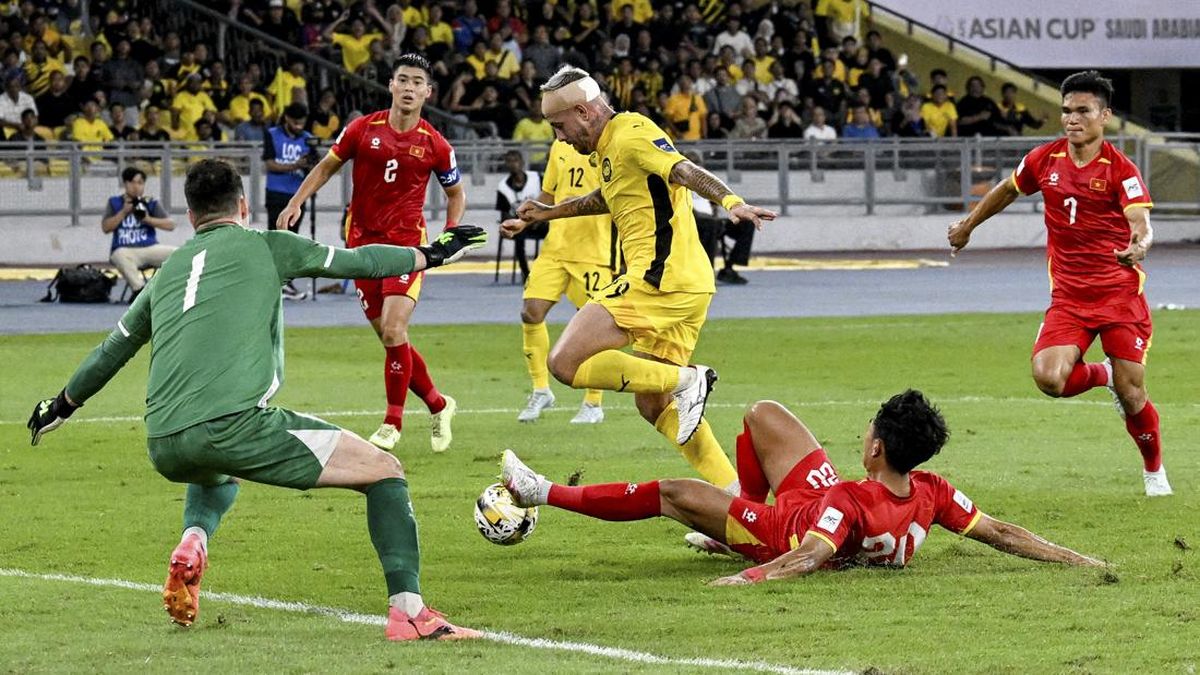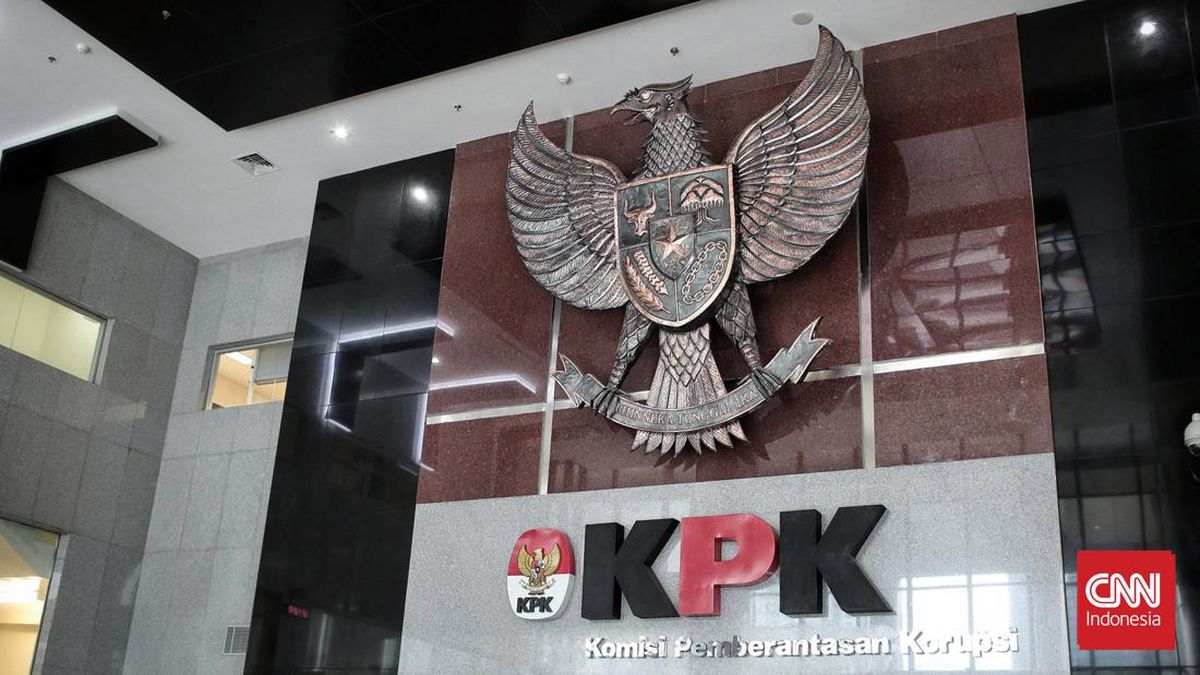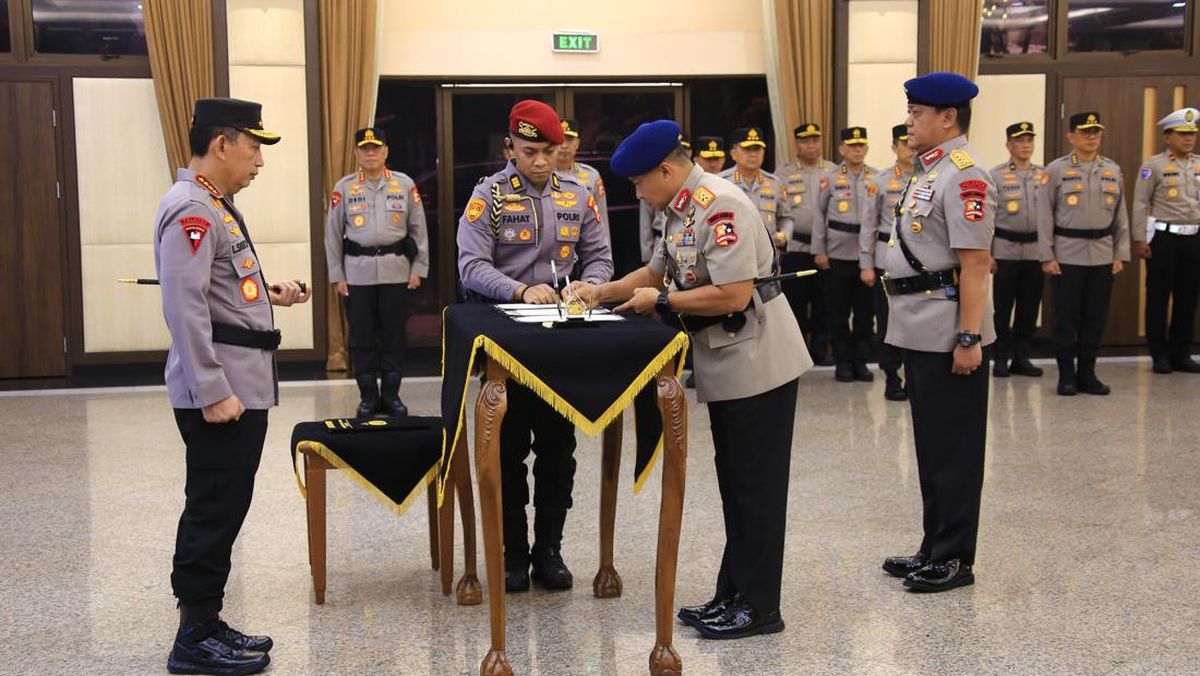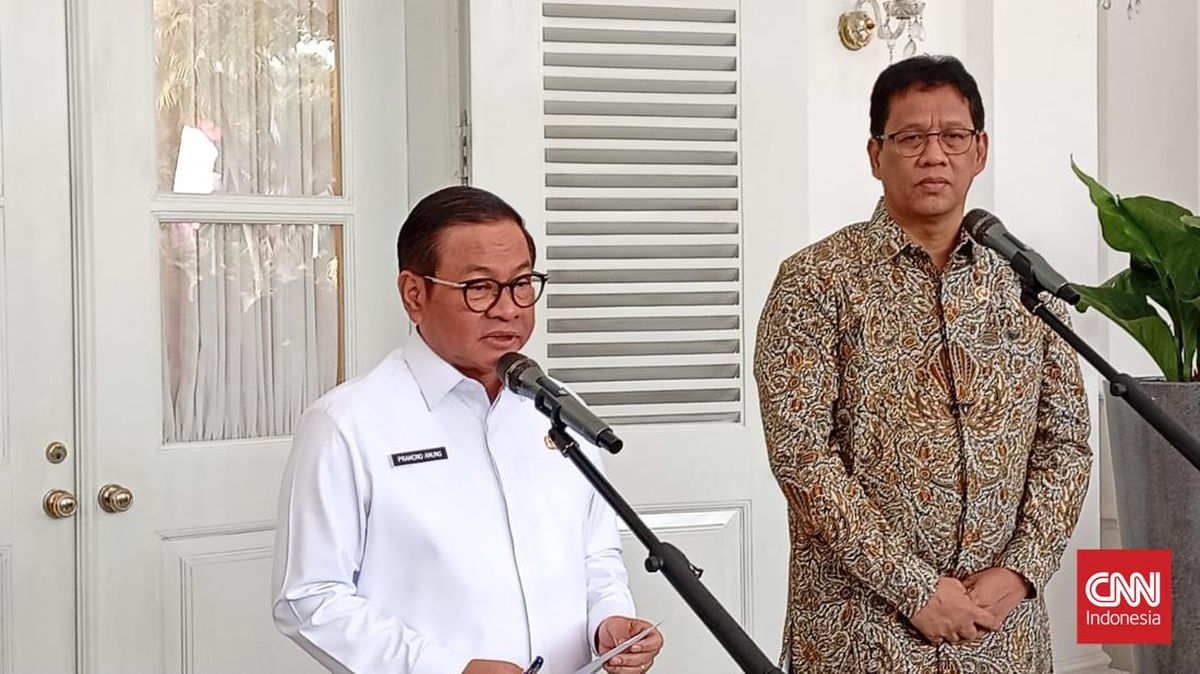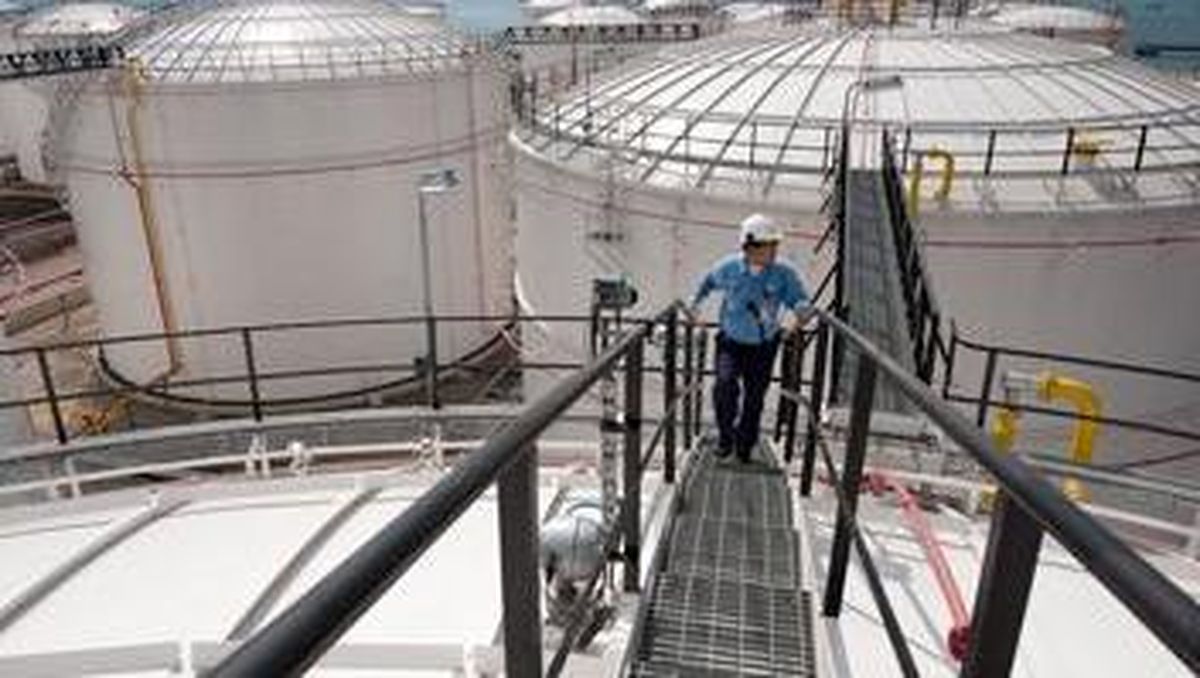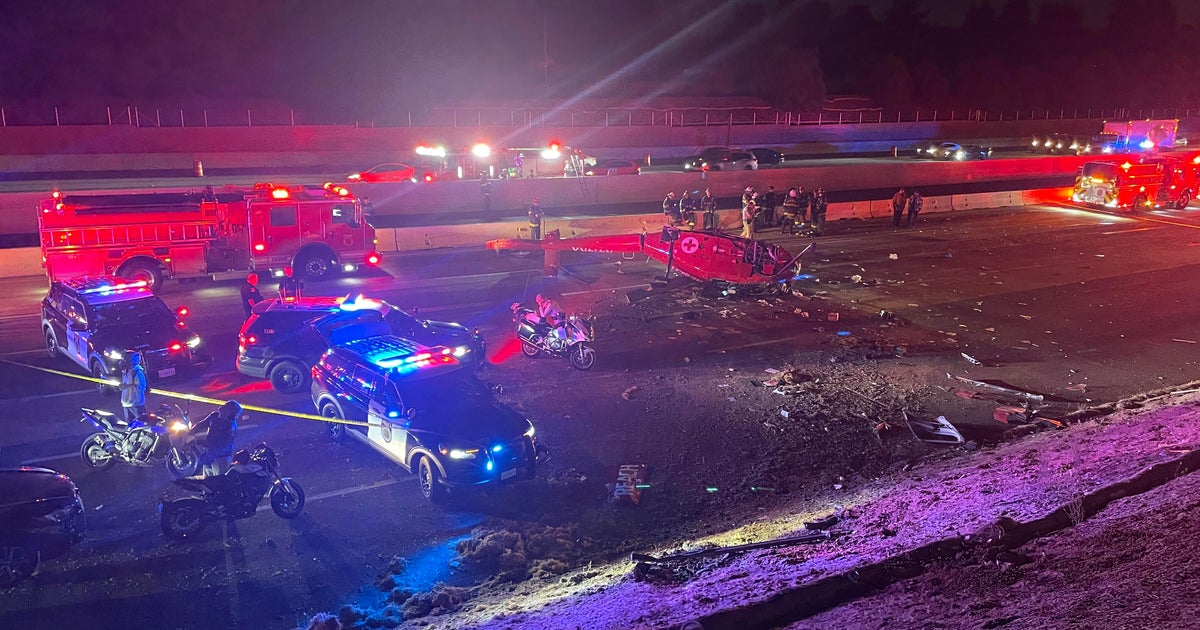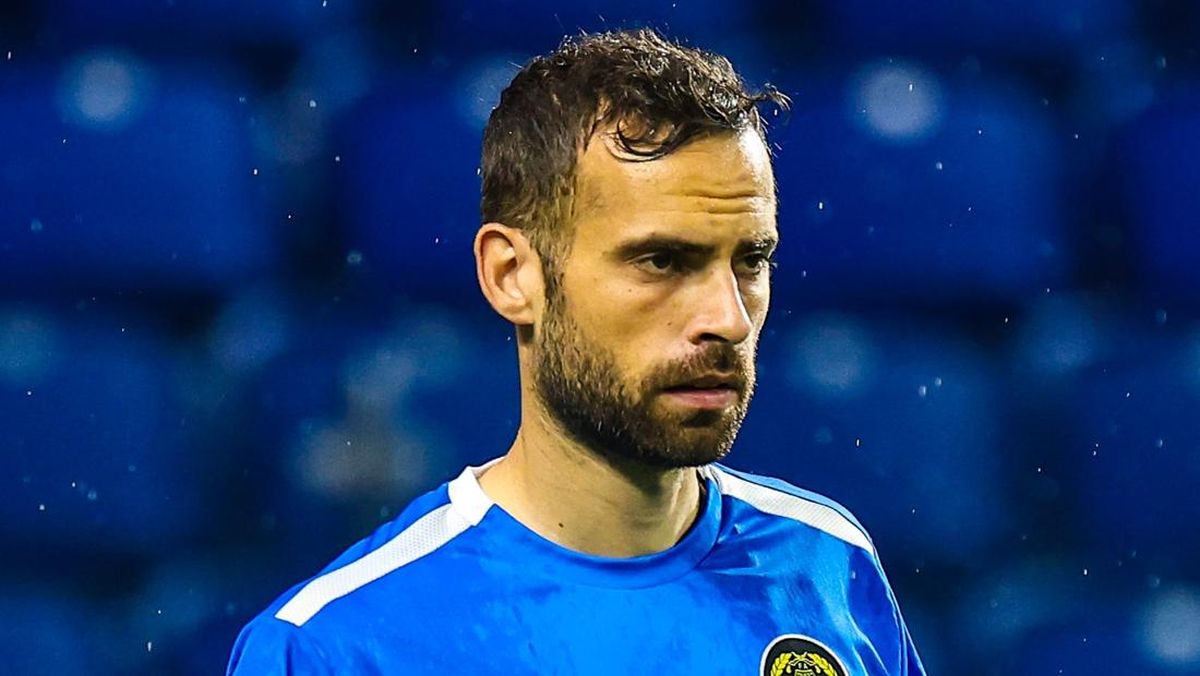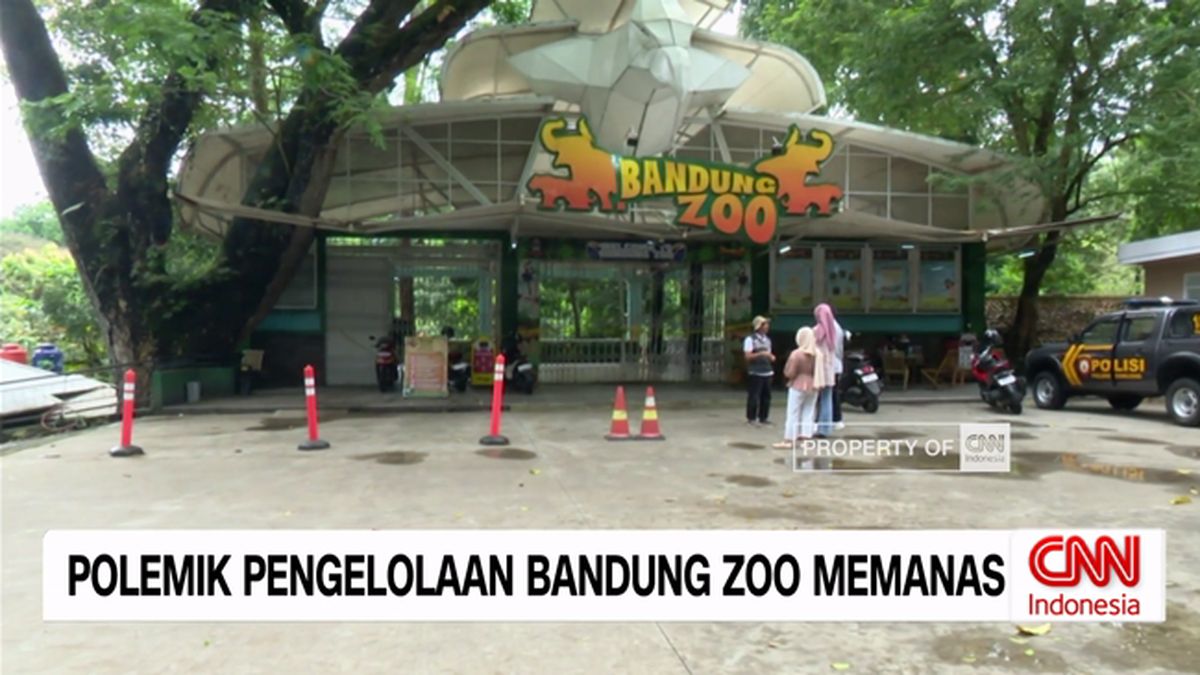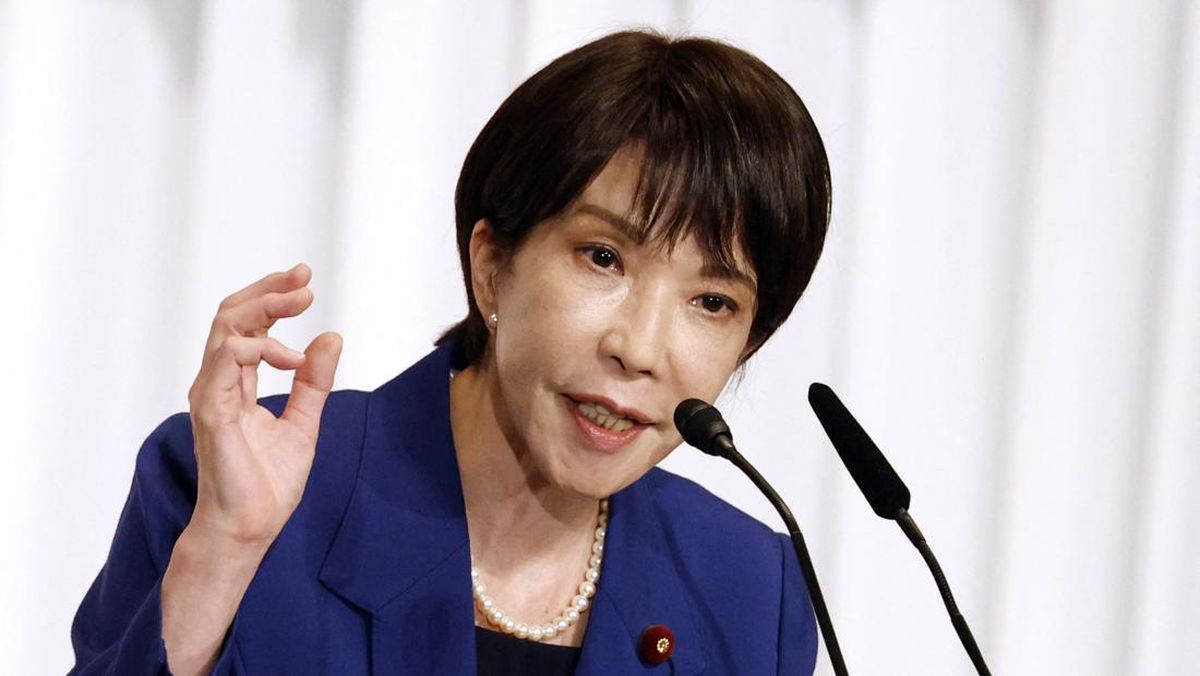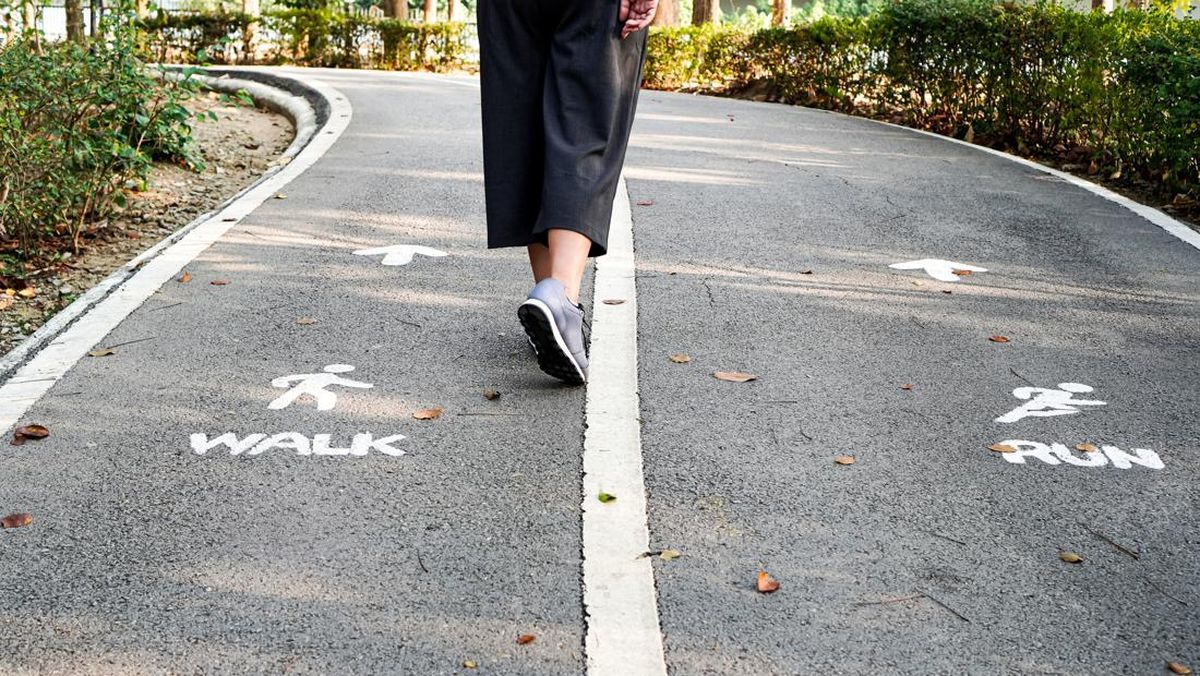Former navy chaplain Mel Baker was often at the front line of trauma. She helped soldiers battling with suicidal thoughts, led a funeral service for a sailor who had taken his own life and helped soldiers grieve when they lost friends in battle or to suicide.
But when Baker became suicidal after being bullied, threatened and sexually assaulted, she said her trauma was dismissed by the Australian Defence Force.
“The system was broken … it was not there to protect sailors,” she said. “Disclosure of suicidal thoughts could end your career.”

Former navy chaplain Mel Baker said she fell victim to a broken system after the ADF failed to support her through depression and PTSD.Credit: Max Mason-Hubers
Baker was the only female chaplain in the Navy and the only chaplain in the history of the Royal Australian Navy to be posted to a submarine at the time, in 2013.
She said that she experienced bullying and harassment from a colleague known for poor behaviour. Being isolated in a submarine compounded her fear and trauma: Baker said she developed insomnia and was given one day off, but no questions were asked about her mental health.
Later that year, she was sexually assaulted by a different colleague. In 2014, she reported both incidents. Baker said the sexual assault was reported to police, but the bullying and threatening behaviour were swept under the rug.
“I was shut down, and I was cornered, and it was that that undid me more than anything else,” she said.
She said that despite other victims disclosing bullying perpetrated by the same person to her in her capacity as a chaplain, the culture of silence within the navy ran deep.
“They wanted to stay on the deployment, and so they didn’t speak up.”
Loading
Baker was medically discharged in 2015, five years into a career she had hoped would last a lifetime.
Her compensation claim for PTSD was denied. With no income and no support, she became homeless until Homes for Heroes, run by RSL NSW, was able to find her accommodation in a retirement village near Sydney. She was in her 40s.
Baker said her case wasn’t isolated, with complaints routinely covered up by high-ranking officers, even if those beneath them had done the right thing by escalating complaints. She said, both in her personal experience and working on the frontline, the navy’s response did more to traumatise victims than to help them.
“The higher officers turn a complaint around and make sure that it doesn’t see the light of day. Things were covered up because they didn’t want to deal with it,” she said.
“They say that people are broken, but it’s the system that is broken.”
The Royal Commission into Defence and Veteran Suicide found that between 1997 and 2021, 1677 serving and ex-serving members took their lives, though it estimated the actual number could be almost double. Current and former service personnel are 20 times more likely to take their own lives than to die in combat.

Dr Mel Baker was the only female chaplain in the navy and the only chaplain posted to a submarine at the time.
The commission issued its final report last year, containing 122 recommendations, most of which have been accepted by the government. A key recommendation was the establishment of a statutory entity to oversee systemic reform across the Australian Defence Force.
That statutory entity was launched last week, with the Defence and Veterans’ Service Commission (DVSC) established to oversee the government’s implementation of the commission’s recommendations and reform of the sector.
Acting Commissioner Penny McKay said the DVSC had a challenging task ahead of it.
“Informing systemic change across such a big organisation with interrelated responsibilities is always going to be hard … If it were an easy problem to solve, we would have solved it by now,” she said.
Loading
“Our broader remit is how we can use our powers and influence suicide prevention … We have a really great blueprint for what needs to be done.”
Minister for Veterans’ Affairs and Defence Personnel Matt Keogh called the DVSC the “most important recommendation” from the three-year royal commission.
“The Defence and Veterans’ Service Commission has a singular focus – to drive the reforms that, guided by the best evidence, will lower suicides and suicidality among current and ex-serving ADF members,” he said.
“Now, veterans and their families have a powerful champion in their corner with a sole focus on fixing what has been a broken system.”
A recent survey by KSC Claims, a veteran advocacy organisation, found that veterans were almost twice as likely to experience depression and anxiety compared with active Defence members, while more than one in 10 current and former service personnel reported suicidal thoughts.
Baker said it was important the DVSC didn’t act as a “Band-aid solution” and instead worked on rebuilding the ADF with integrity.
“I want members and veterans to know that they’re not broken. It’s the system that failed them, and healing is possible when truth is heard and care is real,” she said.
If you are a current or former ADF member, or a relative, and need counselling or support, you can contact the Defence All-Hours Support Line on 1800 628 036 or Open Arms on 1800 011 046. Help is also available from the Men’s Referral Service on 1300 766 491 and Lifeline on 13 11 14.
Most Viewed in National
Loading


